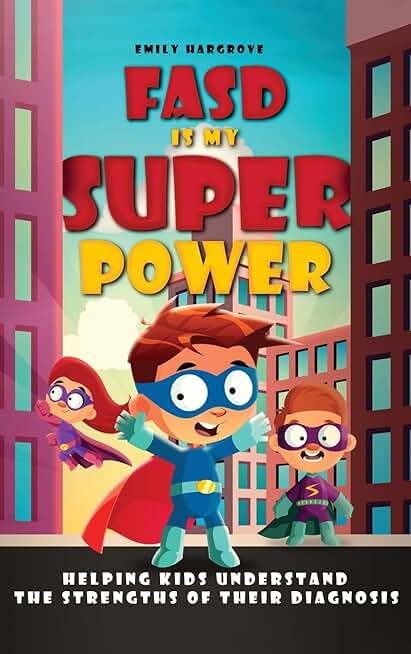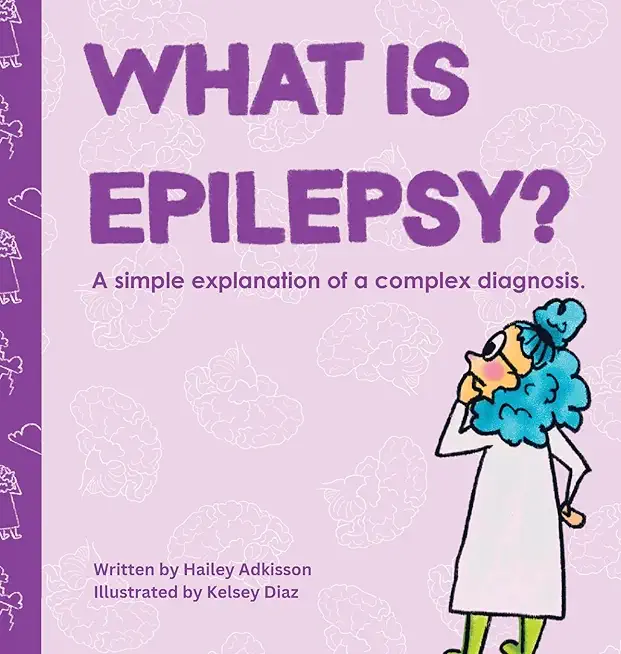
description
3Lily's grandfather has lived with her and her family ever since Lily was a baby. Lily has always done so many fun things with her grandfather and they are very close. As Lily gets older she starts to notice that her grandfather calls her the names of different flowers, but not her name. At first this seems a funny game but soon Lily starts to become frustrated as her grandfather does not seem to notice that she does not find the game funny. Lily's parents step in and explain to her that her grandfather has developed Alzheimer's. Lily has to decide and figure out how she will interact with her grandfather now that the ability to build memories is mainly one sided.A loved ones diagnosis of Alzheimer's can impact a family greatly. It is easy to be consumed with grief, fear and confusion. It is easy to forget that your children are anxious as well. Children need to have the information to deal with the changes they will certainly experience as they see the disease progress and as they see the roles of the adults change. An explanation will certainly be stressful to you and the child but it will also be somewhat of a relief to the child to know that whatever odd behaviors they have noted in their loved one has a name, and is not directly related to them personally. It is important that you adapt what you say to the child's age, but you must always be honest. Children need to know that they can trust you to tell them the truth and that they can come to you with questions. Listen to your child's fears and validate them. Children may fear that they will "catch" Alzheimer's just like they can catch a cold. They might worry that you will get ill too and forget them. Children may experience anger or frustration because they have to repeat questions when interacting with the impacted patient or because they may need to help with caregiving tasks. Be patient and be honest. Help children understand that the disease will probably change the relationship they've previously shared with that loved one but remind them that their loved one still loves them. They just may not be able to express it. "While grandpa may not remember your name, he still loves you as much as he always did." Engaging in family related activities, like sorting through old photographs or making a family tree, also might help reinforce the child's connection to their loved one.
member goods
No member items were found under this heading.
Return Policy
All sales are final
Shipping
No special shipping considerations available.
Shipping fees determined at checkout.







